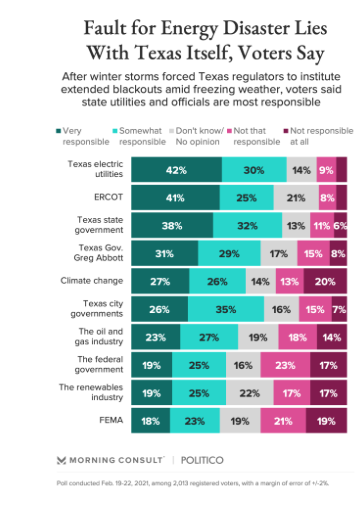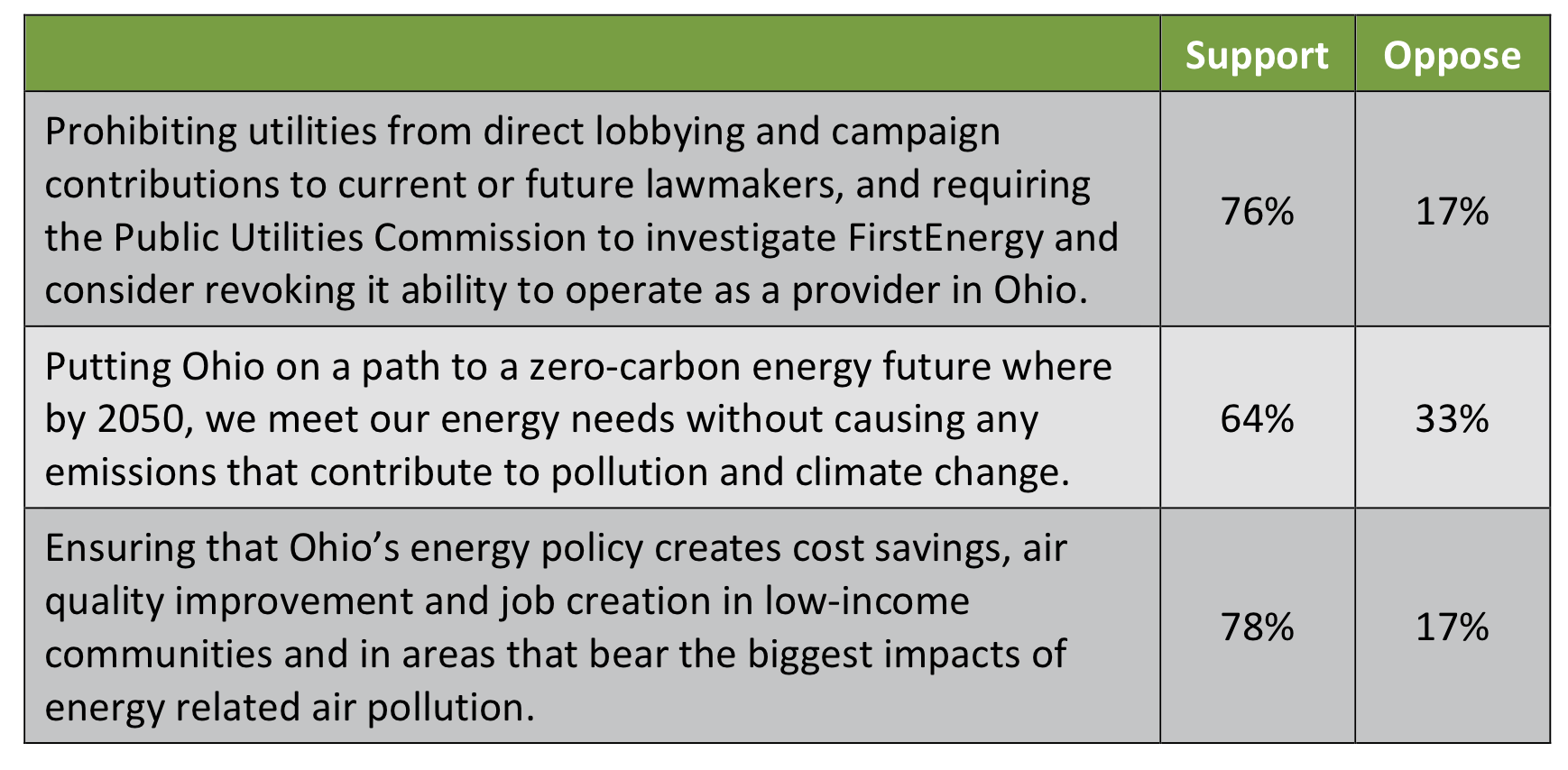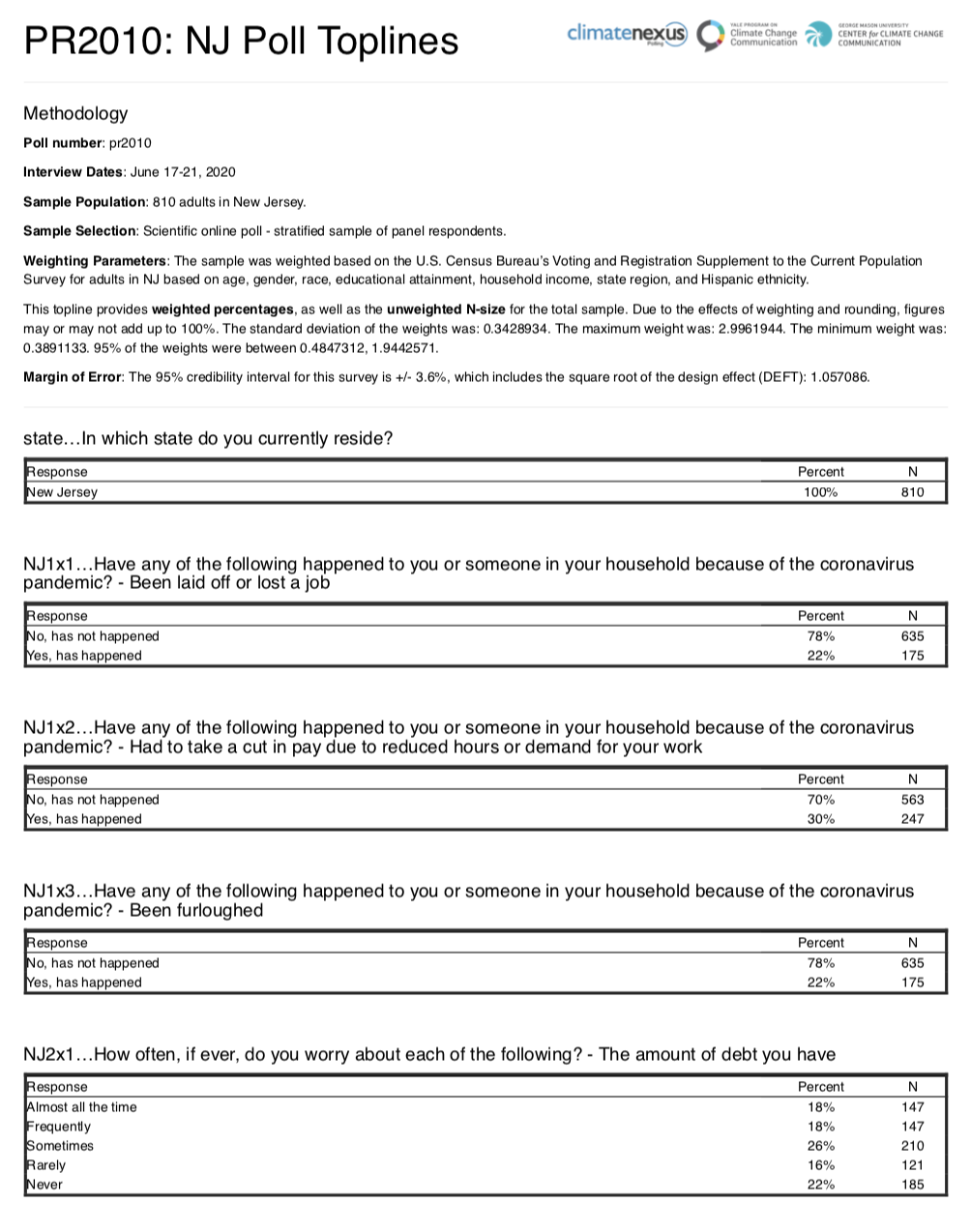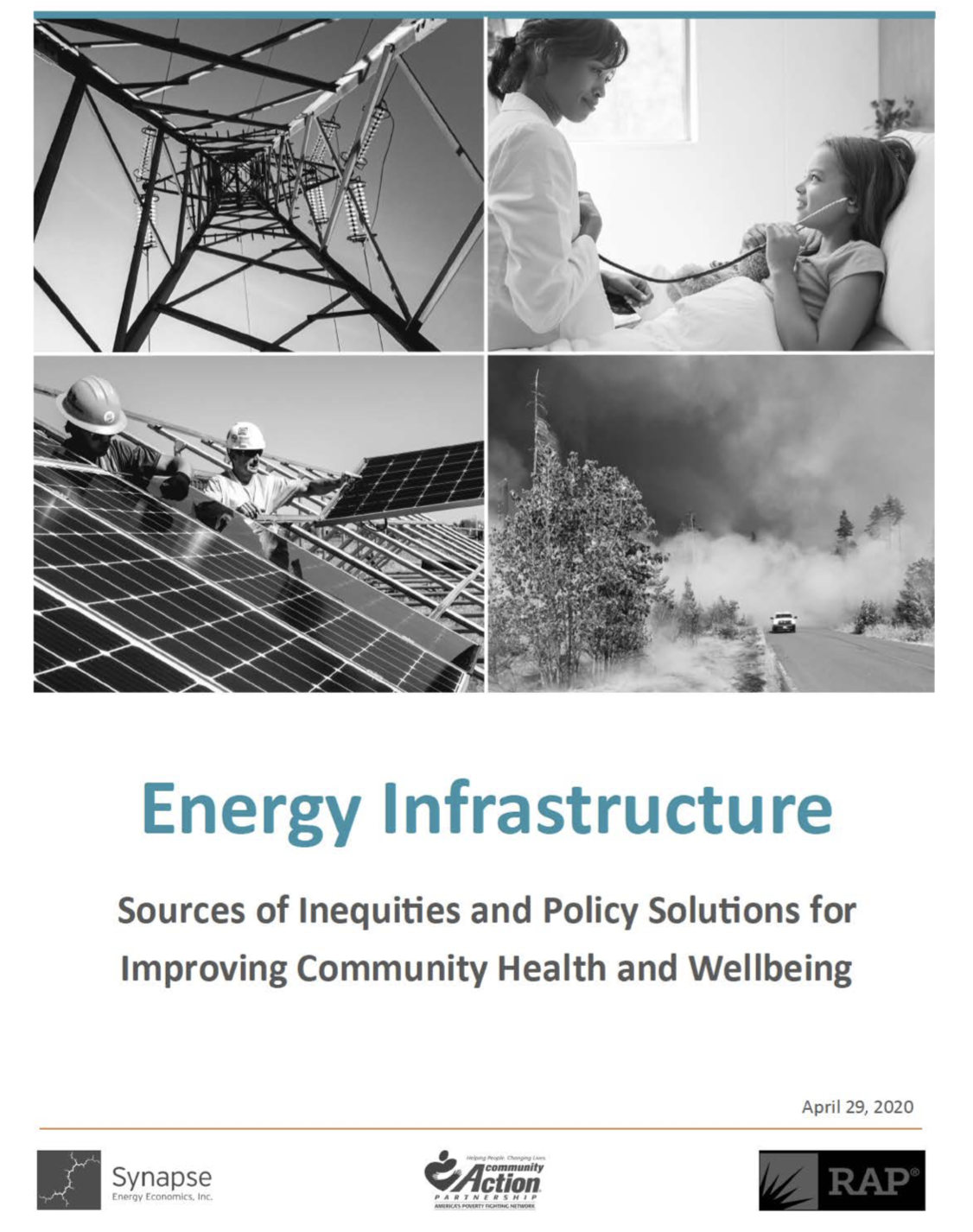Resources
Search below for resources covering the intersection of climate engagement, social science and data analytics.
RESULTS
- 56% of U.S. voters say Texas should connect its electric grid with those of other regions, while 24% said the state should continue its independent operation.
- Roughly 2 in 5 voters say Texas utilities, the state’s energy regulator and state government are “very responsible” for last week’s energy crisis.
- Democrats were more likely to say they believe Texas should connect to other regions than retain its current model (71% to 13%), while a plurality of Republicans said the same (41% to 36%).
Poll: December 2020 CEN Post-Election National Survey
This was a national survey of 1000 voters nationally on climate. This survey polled members on a myriad of different topic areas from clean energy, domestic energy production, oresidential ballot test, political environment to climate change.
Poll: NC voter support for clean energy policies ticks down but stays strong
- 79% of voters are more likely to support a lawmaker who supports policies that encourage renewabl energy options (such as wind, solar, and waste to energy technologies), compared to 51% of voters who are more likely to support a lawmaker who supports policies that encourage the development of more fossil fuel energy, such as coal and oil.
- Voters are most likely (85%) to support a lawmaker who supports legislation that would provide additional ways for home or business owners to finance energy upgrades, such as improved insulation, lighting, or windows.
- 77% of voters are more likely to support a lawmaker who wants to change North Carolina's regulatory policy to allow for more competition and consumer choice.
- A pluarility of voters (38%) see climate change as a "serious problem" and think "immediate action" is necessary. An addiitonal 22% support "some action."
- 60% of voters recognize that the effects of climate change "have already begun to happen" and 59% understand climate change is "mainly the result of manmade pollution."
Poll: A majority of Ohio voters oppose HB 6 and want to see it repealed
A majority of Ohio voters (64%) oppose HB 6 and want to see it repealed. Support for repeal increases 12 points as voters hear more information.
6 out of 10 voters agree that climate change is an urgent threat.
Voters support the pillars of a repeal and replacement plan, including investigating FirstEnergy, a zero-carbon energy future, and an equity focused move to clean energy.
7 out of 10 voters say they are likely to sign a petition to place HB6 on the ballot for repeal if the Legislature does not repeal it themselves.
State energy profile
Poll: 76% of New Jerseyans Support Using Renewable Energy to Reduce Electric Bills for Low-Income Families
At least 7 in 10 New Jerseyans support each of the six key components of the Clean Energy Equity Act, a bill that aims to help low-income New Jersey families benefit from solar, storage and energy efficiency.
Energy Infrastructure: Sources of Inequities and Policy Solutions for Improving Community Health and Wellbeing
In a new report produced with the support of the Robert Wood Johnson Foundation, Synapse Energy Economics, RAP and Community Action Partnership take an in-depth look at the disparate impacts of electric and natural gas infrastructure on economic, social, and health outcomes — and consider how to ensure that a clean-energy future is a more equitable future.
Comprehensive Building Blocks for a Regenerative & Just 100% Policy
This groundbreaking and extensive document lays out the components of an ideal 100% policy that is grounded in a Just Transition framework and centers equity and justice. Authored by members of the 100% Network, it brings forward and coalesces the expertise from frontline communities.
The Building Blocks document was designed primarily for frontline organizations looking to develop and implement their own local renewable energy or energy efficiency policies with a justice framework. Secondly, is to build alignment with environmental organizations and intermediary groups that are engaged in developing and advocating for 100% policies.
A Majority of Americans Support Net Energy Metering
A majority of Americans (76%) support net energy metering (NEM), a policy that allows small-scale producers of renewable energy (e.g., through rooftop solar panels) to sell excess power back to their electric utility.
A Just Transition: Creating the New Economy in Eastern Kentucky
When Kentucky’s leaders failed to do their job of writing a state implementation plan for the Clean Power Plan (CPP), Kentuckians for the Commonwealth (KFTC) realized that this was actually an opportunity to bring together residents from all over the state to share their vision for what Kentucky’s energy future could look like, generating shared, aspirational political will for a new economy powered by clean energy.
Pagination
- Previous page
- Page 4
- Next page



